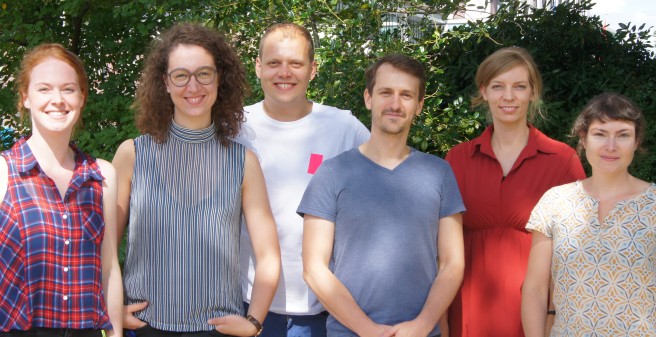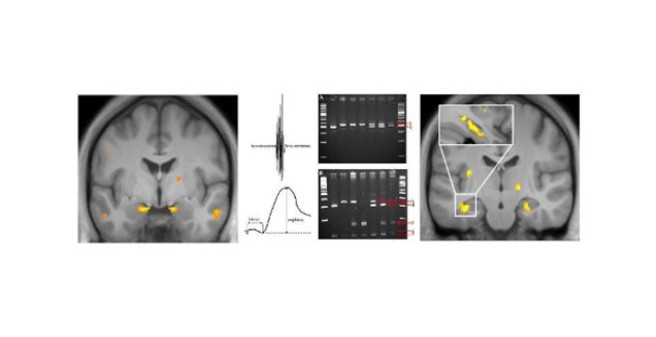Overview
Our research focuses on the neurobiological underpinnings of fear and anxiety related processes. Thereby we use fear conditioning, extinction, generalization as well as return of fear manipulations as laboratory models for the acquisition and (behavioural) treatment of anxiety disorders as well as relapse respectively. A second focus of our group is to promote improvement of methods including their homogenization through empirical work.
The group has a focus on individual differences such as trait anxiety, life events and genetics as well as contextual factors and investigates these factors in several large-scale, partly multi-centric and longitudinal studies ( Collaborative Research Center on Fear, Anxiety and Anxiety and the Emmy Nöther project Fear Profiles ). In addition, we are interested in how life adversity becomes embedded in the brain. Specifically, we are interested in how acute and chronic stress experiences over the lifetime affects behavioural and neural correlates of fear and anxiety-related processes as well as attention processes.
Our group is managing a DFG funded European "Network for the Study of Fear Conditioning and Extinction Learning as well as the Return of Fear ( EIFEL-ROF )". The scientific network EIFEL-ROF forges an interdisciplinary platform for methodological discussions and to coherently delineate the factors underlying individual differences in (pathological) anxiety and brings together experts from different fields pursuing common goals. EIFEL-ROF aims to increase communication and coordination through tutorial/research guidelines papers, joint publication of review articles and meta-analyses, coordination of cross-laboratory replication tests and data pooling without additional funding. This will entail small steps from the individual research groups involved, while creating a giant leap forward in anxiety research through pooling forces across a sufficient number of labs with a common focus but complementary expertise.


